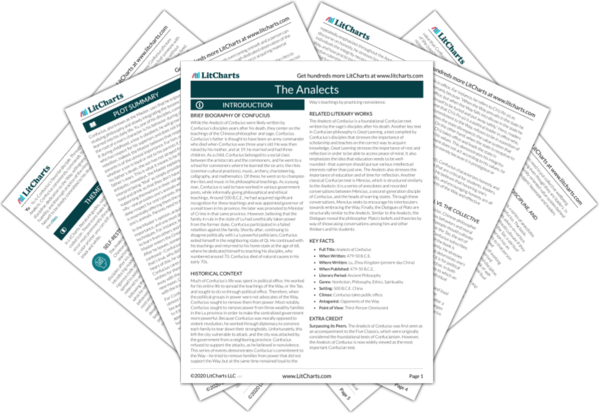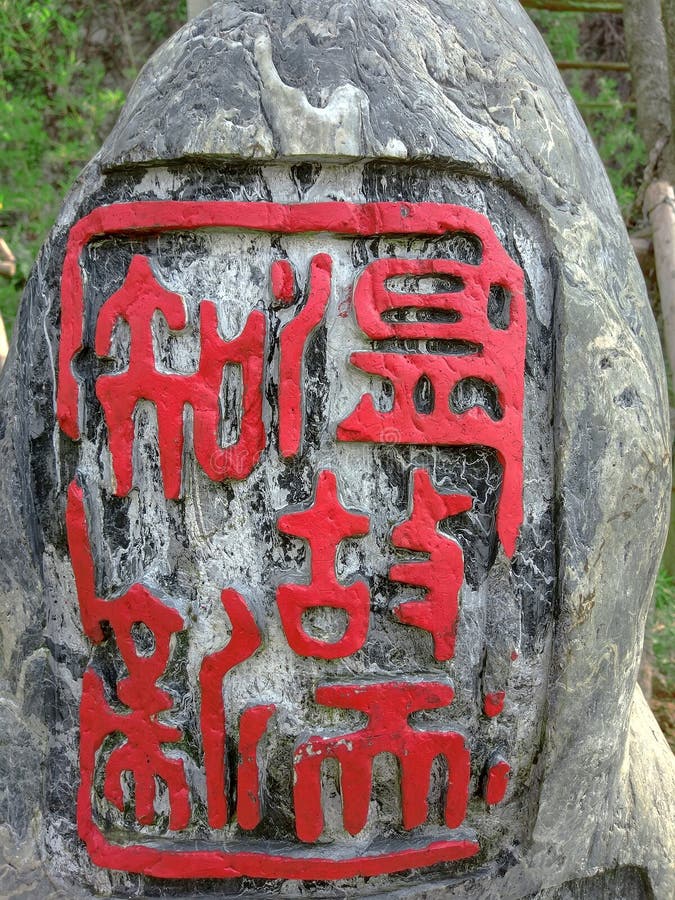
Indeed, in 1.6 he goes as far as to say that a young man should only study the classics “if he still has energy to spare” after ensuring that he has learned to conduct himself properly in interactions with his parents, elders, and other people of the right standing in society.

They act as a role model by setting the right example to others.ĭeveloping the qualities of a leader is an iterative process of self-cultivation that is perfectly encapsulated in the line that Confucius’s disciple Zigong quotes from the Book of Songs in 1.15: “Like carving and polishing stones, like cutting and grinding gems.” The goal is not so much to reach the supreme virtue of goodness (仁/ rén), which the disciple Youzi introduces in Chapter 1.12, but to constantly strive to improve yourself as you make your way towards it.Īs Confucius hints in 1.1, learning is based on the practical application of core principles rather than merely studying them in books. Variously translated as “gentleman”, “man of virtue”, “superior man”, and “exemplary person”, this term refers to someone who has become a pillar of the community as a result of their superior moral character rather than their family lineage or social connections.

The Analects of Confucius Book 1 introduces many of the core themes of Confucius’s teachings by examining the role of the individual in society and exploring how they can make a positive contribution to it by developing the qualities of a leader (君子/ jūnzǐ). It is left to you, the reader, to pick through the various threads of the text and connect them to the others to build up your overall understanding of the teachings contained in it. There are no linear arguments based on carefully marshaled facts that build up to a resounding conclusion. Each of its twenty books features multiple exchanges between multiple characters discussing multiple topics - much like a modern-day social media feed.

Before you read a single word of the Analects, it is important to understand that the work comprises a collection of conversations and aphorisms rather than a treatise or manifesto.


 0 kommentar(er)
0 kommentar(er)
